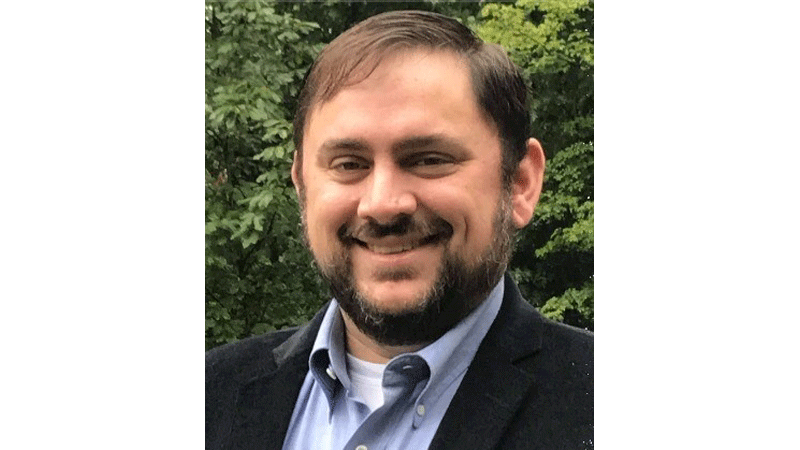Growing in unusual places
Published 8:08 am Saturday, August 13, 2016
by Nathan Decker
Christians should disagree. Churches should have conflict. Being of one Spirit does not mean we are called to all think, act, give, vote and look the same when we gather to worship our Lord. Because of who God is and who the Lord created, we shouldn’t be surprised about this. But we are.
I’m not used to being surprised when I do yard work. Recently, I was clearing out some overgrown brush and trimming some trees. As I was working on one tree, a startling revelation occurred. It wasn’t one tree. Sure the roots were one, and even the base was one. But four distinct trunks were growing out of the base. The pairs were different in bark, leaf and density (remember I was cutting some of them). Somehow, long before I lived here, two trees grew out of the same spot and self-grafted into one another.
The spectacle caused me to share it with my neighbor who was also doing yard work. We talked about the struggle that these trees must have endured together. We marveled at how nature finds a way for life to survive in even the most unusual places. At first we talked about cutting one tree away from the other, but determining which was the original tree was now impossible. So I trimmed back the dead branches, pruned back the ones that were not going to grow and left the two trees growing together.
Christianity is a faith that calls us to grow in unusual places. Faith should surprise us even when we’re not used to it doing so anymore. In a world that seeks to have manicured monoculture lawns, nature reminds us that diversity is the norm with dandelions and crab grass. Romans 11:17 gives us the image of a wild olive shoot being grafted into the stump of Jesse. Paul is using this image to support the reality of his day; Christianity was spreading to Jews and Gentiles — to those who expected to be included and those who didn’t even get an invite.
The spectacle of the early church was not how uniform it was but how utterly diverse they were. Rich and poor broke bread together. The ethnic backgrounds represented three continents. People of power were washing their slaves’ feet. Former prostitutes were sitting with the wives of senators. They struggled and endured together. At first there was talk of trying to cut them away from one another, but in the end the various branches grew together as community. No wonder the neighbors gawked.
Christians should disagree — on lifestyles, on politics, on economic development and even on theology. Churches should have conflict. Living things are always in flux and chemically unbalanced. They do, however, reach a point when all is at homeostasis and there is no more conflict: it’s when they die.
The Living Spirit calls us not to be of one opinion or one vote. Our faith is a faith of multiple branches growing from the same stump. Sure, there are times when we’d like to cut away from one another, but our job isn’t to cut or to prune. We’re supposed to leave that to the Master. Sure there are easy places to grow, but that’s not where we were planted. Our calling is to grow together in mutual love and respect for one another’s differences in belief, background, and practice.
After all, it’s what Jesus would do.
NATHAN DECKER is the pastor of High Street United Methodist Church. Contact him at 562-3367 hsumc@beldar.com.
If you are a pastor interested in sharing your spiritual message, contact Stephen H. Cowles at 562-3187 or stephen.cowles@tidewaternews.com.





